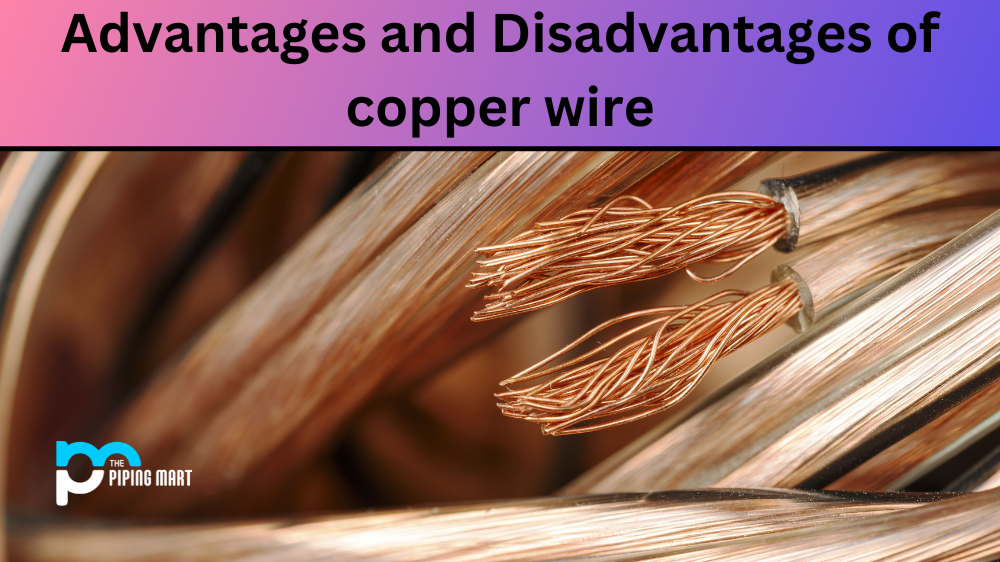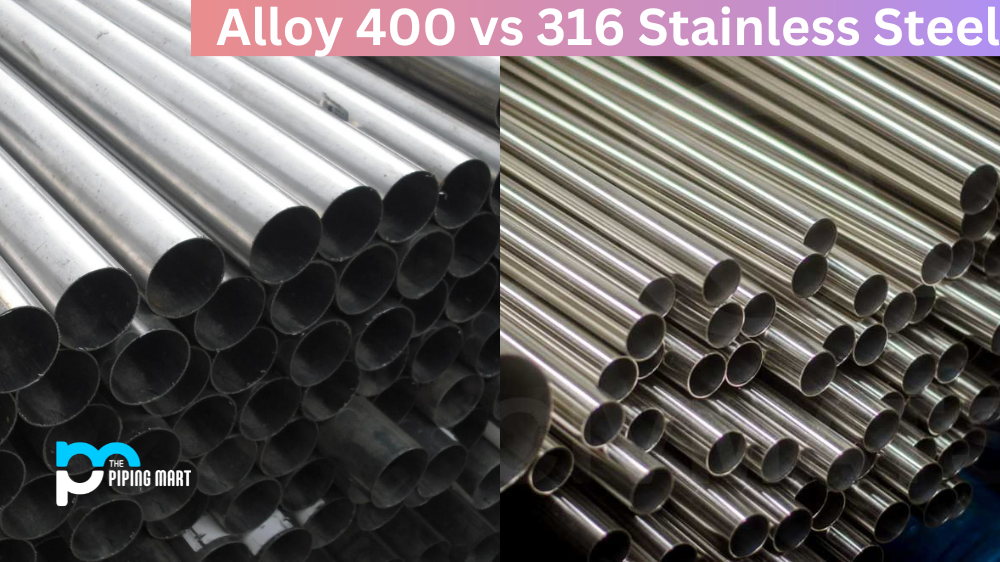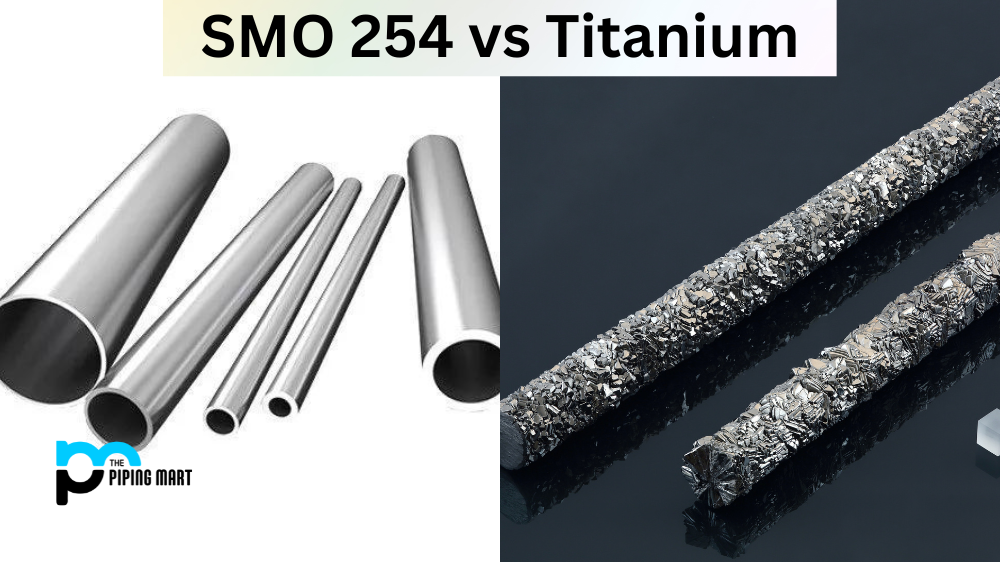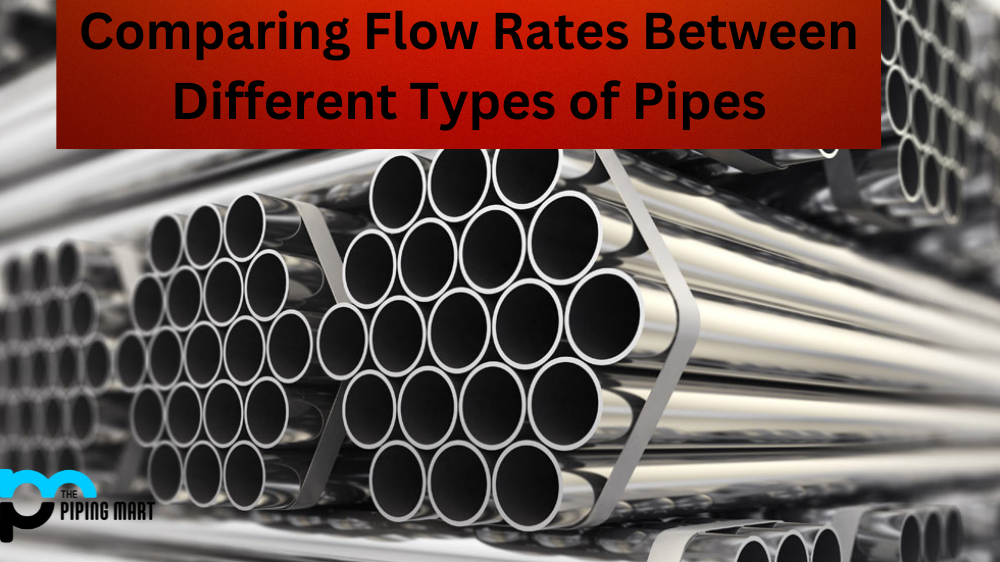Copper wire is essential for powering a variety of electronic devices. While copper wiring has been around for centuries, its use in modern electronics has increased exponentially. From telecommunication systems to home appliances, most electronics rely on copper wires to transfer electrical signals efficiently. But is it really worth investing in copper wiring? Let’s take a look at some of the pros and cons associated with this technology.
Advantages of Copper Wire
One of the main reasons why copper wiring is so popular is because it is incredibly easy to install and maintain. Unlike other types of wiring, copper wires are very lightweight and flexible, which makes them ideal for tight spaces or areas that require frequent updates. Additionally, copper wires have superior conductivity when compared to aluminum wires, meaning they can carry more current over longer distances without any loss of power. This makes them perfect for powering large electrical appliances like air conditioners and refrigerators. Finally, copper wiring is also extremely affordable, which makes it an attractive option for many consumers.
Copper is an excellent conductor of electricity.
This means that it can be used to create electrical wiring, which is used in a variety of applications. Copper is also resistant to corrosion, which means that it will not degrade over time like other materials.
Copper is a very strong metal.
This means that it can be used for a variety of purposes, including the construction of buildings and bridges. Copper is also very ductile, which means that it can be easily shaped into various forms.
Copper is a naturally occurring element.
This means that it is not man-made, and as such, it does not contain any harmful chemicals or toxins. Additionally, copper is recyclable, which means that it can be reused instead of being sent to landfill sites.
Copper has a wide range of uses.
In addition to electrical wiring and construction, copper can also be used in the manufacturing of coins, jewelry, and cookware. It is also used in the production of solar panels and computer chips.
Copper is a relatively affordable metal.
This makes it a good choice for a variety of applications where cost is a factor.
Disadvantages of Copper Wire
Despite its many advantages, there are still some drawbacks associated with copper wiring that you should be aware of before investing in this technology. The first downside to consider is corrosion. If exposed to moisture or humidity, copper wires can corrode quickly, which can lead to severe damage over time. Additionally, while they may be cheaper than aluminum wiring upfront, they will require more maintenance over the long run due to their susceptibility to corrosion or oxidation caused by exposure to metal particles or gases. Finally, since copper wires are softer than aluminum ones, they may not be able to withstand heavy-duty applications or high-temperature environments, which could limit their usefulness in certain situations where durability is essential.
Copper is a Conductor of Electricity
One of the primary disadvantages of copper wire is that it is a conductor of electricity. This means that if the wire becomes damaged, it can cause an electrical current to flow through the metal, which can be dangerous. Additionally, if the wire is not properly insulated, it can pose a fire hazard.
Copper is Susceptible to Corrosion
Another disadvantage of copper wire is that it is susceptible to corrosion. This means that over time, the wire can degrade and become brittle. This can cause the wire to break or snap, which can be dangerous.
Copper is a Conductive Metal
Another disadvantage of copper wire is that it is a conductive metal. This means that if the wire comes into contact with another conductive metal, such as aluminum, it can create a short circuit. This can be dangerous and can cause damage to electrical equipment.
Copper Wire Can Be Difficult to Work With
Another disadvantage of copper wire is that it can be difficult to work with. This is because the metal is very soft and can be easily bent or deformed. Additionally, copper wire is also very sticky, which can make it difficult to handle.
Copper Wire Is Expensive
Another disadvantage of copper wire is that it is relatively expensive compared to other types of wiring materials. This is because copper is a rare metal and must be mined in order to be used.
Conclusion:
In conclusion, while there are certainly some drawbacks associated with using copper wire technology that you should be aware of before investing in this technology, there are also plenty of advantages as well. Copper wiring offers superior conductivity when compared to other types of wiring materials and requires minimal maintenance once installed properly—making it an attractive option for those looking for an efficient way to power their electronic devices at a reasonable cost. Ultimately it’s up to you to decide whether or not investing in copper wire technology would be worth your time and money—but one thing’s for sure: if you do decide on copper wire technology, you won’t regret it!

Hey, I’m Krutik, a casual blogger expert in the metal industry. I am passionate about providing valuable information to my readers. With a background in engineering and construction, I like playing Cricket & watching Netflix shows in my free time. Thank you for visiting my blog, and I hope you find my information helpful!




